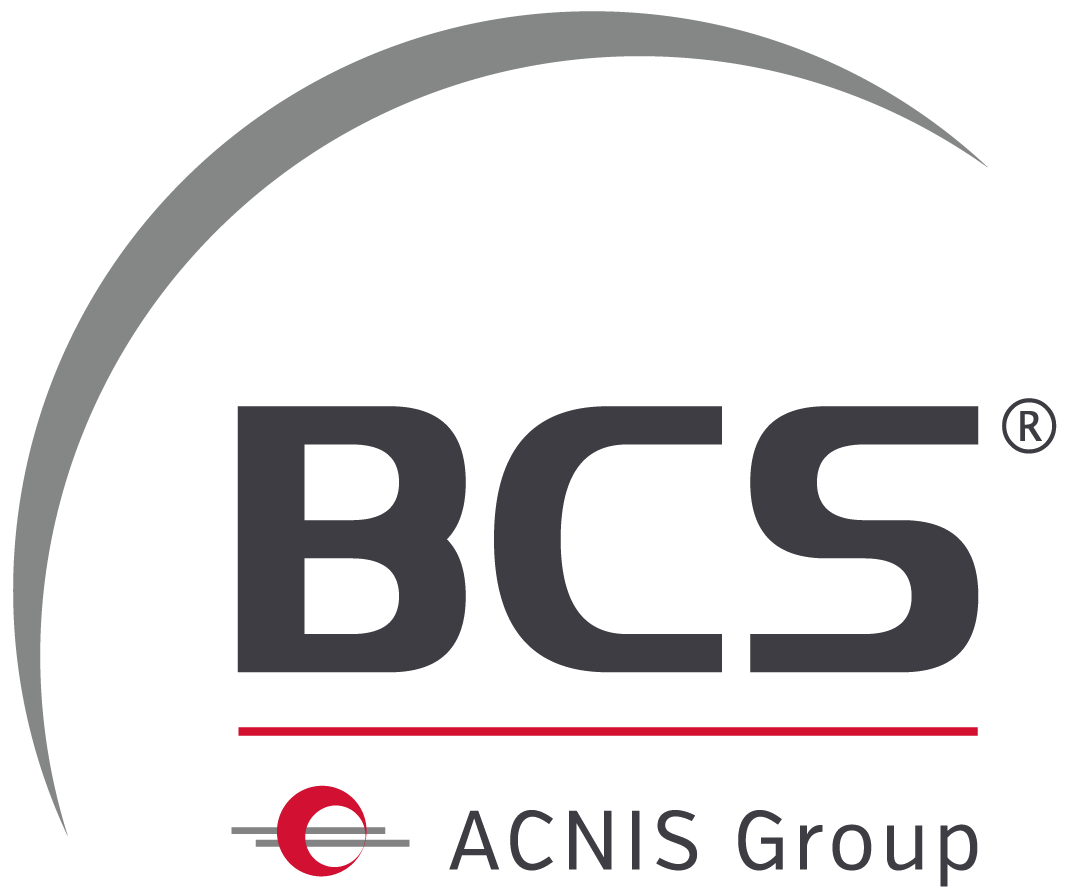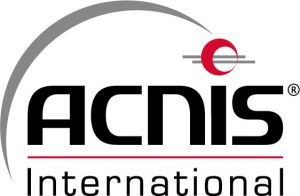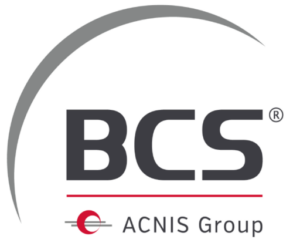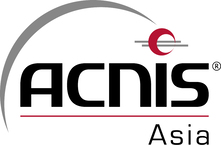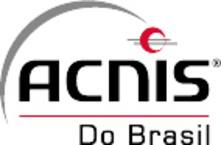Industry
- Off-Shore
- Food industry
- Chemical industry
- Nuclear industry
- Electroplating
- Paper industry
- Sport : Automotive, Motorcycle and Bike industries
- Etc ...
WHY CHOOSE TITANIUM ?
Titanium is particularly suited to industrial applications. It is commonly used in a wide array of products (plates, bars, tubes, wire, etc…) for the manufacture of complex equipments.
While it used to be considered an expensive material based on its market price, titanium use has evolved and it is now more often considered an economical option in operating costs. The key for its profitability is to not consider titanium as a simple substitute for another metal but take into account its entire set of properties from conception stage.
-
Excellent resistance to erosion and corrosion
-
High mechanical properties maintained up to 600°C and excellent adhesion to coating materials
-
Elevated electrical and thermal conductivity
-
Strength to weight ratio
Acnis International provides titanium to a wide range of industrial users
Production and transformation equipments in the chemical idustry require an extreme resistance to corrosion, making titanium a perfect candidate. Chloralkali technology is used to produce chlorine and sodium hydroxide, commodity chemicals absorbing 1/3 of the chemical industry requirements. Other applications for titanium in the industry are chlorine compounds, bromides, mineral acids, basic inorganic chemicals, organic acids solutions, alkaline solutions etc.
Desalinisation is the process of removing salt from seawater. Two technologies exist on the market : Reverse Osmosis (RO) and Multi-Stage Flash Distillation (evaporation).
Titanium is a metal of choice in the industry and is used to manufacture tubing, valves, heat exchangers, fasteners, etc…
It exhibits a higher resistance to corrosion when compared to other alloys also used for desalinisation equipment, like duplex stainless steel or copper, making its maintenance much easier and leading to a smaller impact on the environment.
Because it is biocompatible with the human body and can be anodised in a wide range of colours, titanium has been widely used in jewellery (bracelets, earrings, piercing …) and eyewear, where its low weight and strength are bonus features. The watch industry also uses titanium for various parts.
Titanium is also widely used for a broad range of high-end sport equipment, from golf clubs to bicycle frames, ski bindingsand snap hooks, where its resistance to corrosion, weight and strength are particularly appreciated.
The shipbuilding industry also values titanium’s resistance to corrosion and higher strength to weight ratio : it is used on LNG tankers as on round the world sailing boats, for the hull, the rigging equipment, guyline, chainplate, fasteners… Titanium is more or less being considered by engineers as a potential replacement for any piece of metal.
More and more architectural projects choose titanium for its low weight and aesthetic appeal (Guggenheim museum in Bilbao, Marques de Riscal vineyard…). The incredible range of colours in which titanium can be declined thanks to natural anodisation make it a modern choice for building fronts and roofs.
Visting Japan, you will encounter an important number of landmarks, mostly temples’ roofs, restored using titanium, but also more modern structures like stadiums.
Architects are now considering titanium as a building material as well and make good use of its unique properties : mechanical properties allow slender structures and it can be associated with other materials like stone, cement or glass, thanks to its low coefficient of expansion. Resistance to corrosion and combustion make it a durable material too.
In the nuclear industry, titanium has been taking over stainless steel and copper-nickel alloys in the secondary circuit of steam condensers. The use of titanium minimises maintenance costs.
Because it is resistant to corrosion, titanium piping won’t release particles into the water and cause green water liek in copper piping. It is also a better option for nuclear power stations located on waterfronts.
The automotive industry is an important market for titanium.
The use of titanium reduces the weight of vehicles, increases fuel efficiency and contributes to a better environment. Titanium also contributes to a more comfortable experience with reduced noise of mechanical components in the long run.
Titanium springs are four times lighet than steel springs, titanium’s density being half that of steel and elasticity double, making springs half the size possible. Titanium springs will also be more durable, especially when road conditions are bad and steel springs would present early signs of corrosion.
